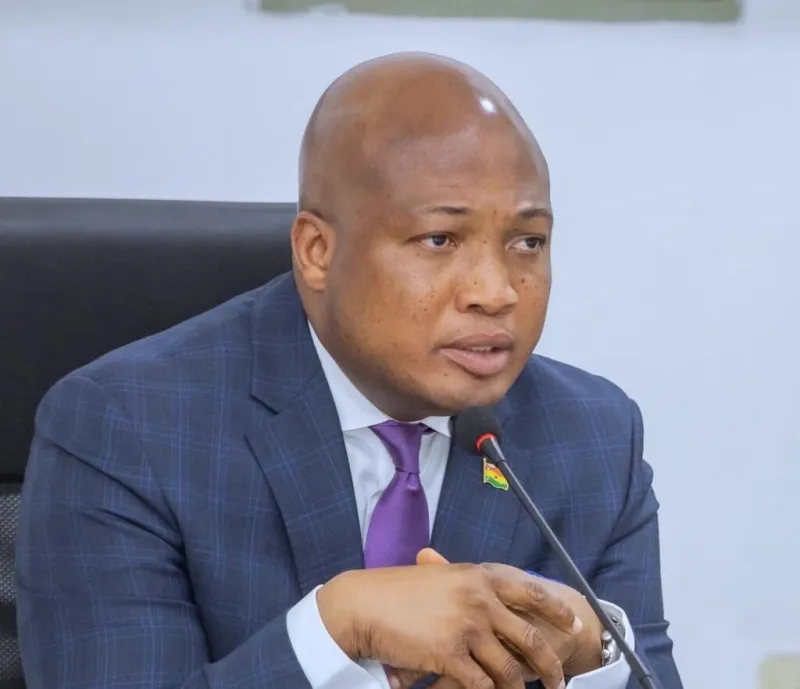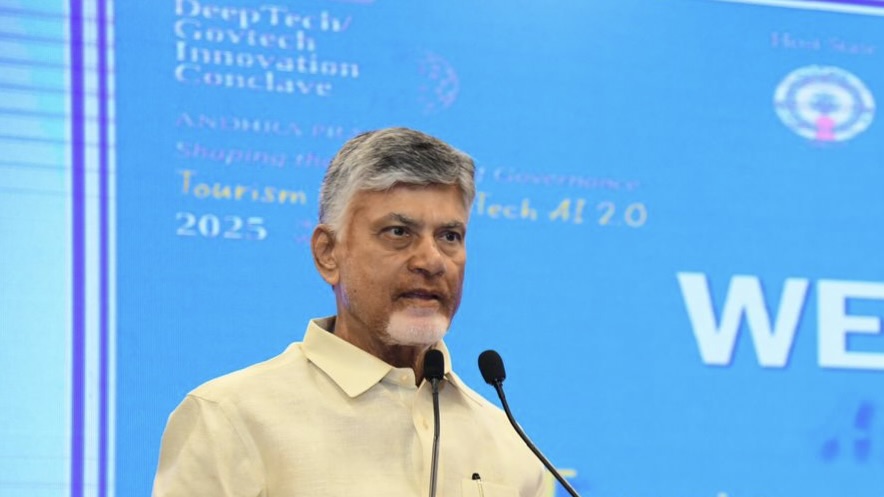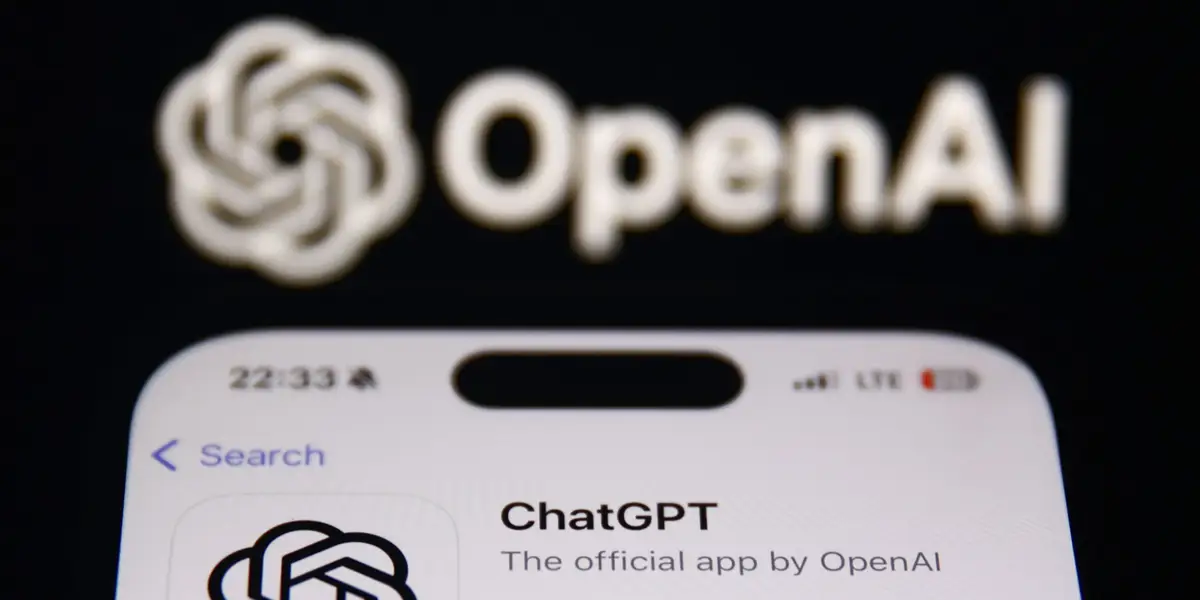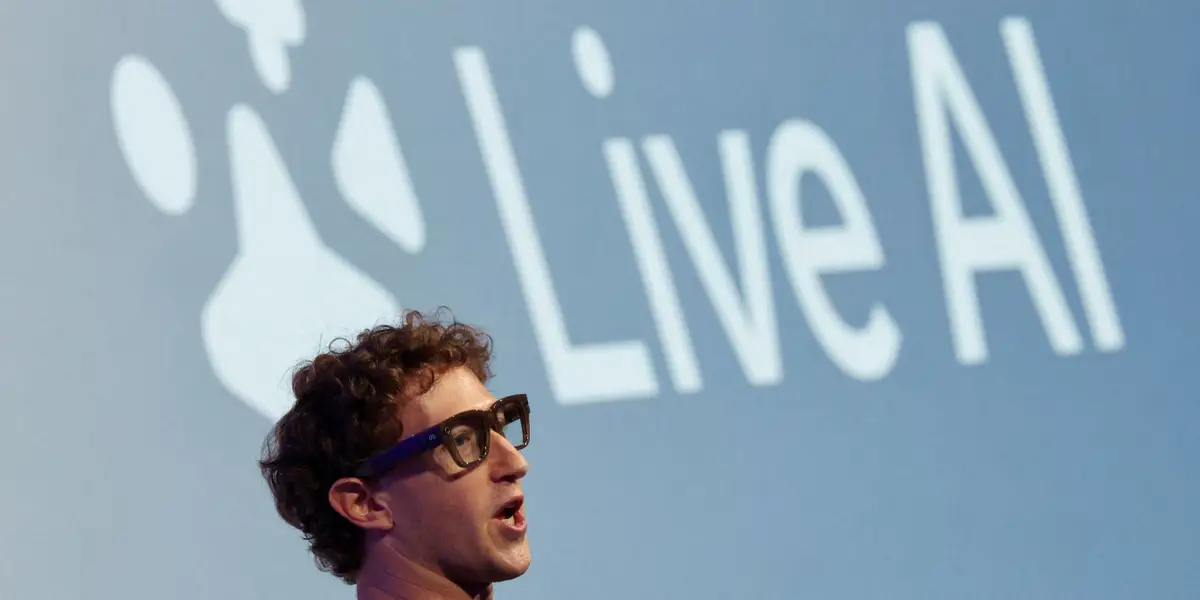By Ghana News,Nana Karikari
Copyright ghananewss

By: Nana Karikari, Senior Global Affairs Correspondent
The world watches New York, but Ghana looks inward. The 80th United Nations General Assembly (UNGA) opens today, September 23, 2025, in what Secretary-General Antonio Guterres calls “uncharted waters.” For Ghanaians, these turbulent international currents feel eerily familiar. The crises of Gaza, Ukraine, and a strained global order are not distant headlines. They impact our daily lives, from rising prices to security threats. Ghana’s participation at this UNGA must be more than a diplomatic ritual. It must be a strategic move to safeguard our national interests and amplify Africa’s voice.
Why UNGA 80 is a Turning Point for Africa
This year’s UNGA is not just another annual meeting; it’s a reckoning. For Ghana and the wider African continent, it is a critical opportunity to push for reforms that will directly benefit their people. The UN itself is grappling with its own crisis, with massive funding cuts and a deeply polarized membership. According to a Brookings Institution analysis, this moment is a chance for “Global South countries to remake the system of global governance to suit their ends.”
For Ghana, this means addressing issues of debt distress, securing sustainable development financing, and gaining a louder voice in global decision-making bodies like the UN Security Council. It is a moment to move beyond promises and demand concrete action.
A New Declaration, A Ghanaian Commitment
An important new angle to this year’s UNGA is Ghana’s proactive role in launching the Declaration for the Protection of Humanitarian Personnel. Foreign Minister Samuel Okudzeto Ablakwa was at the United Nations Headquarters on Sunday, September 21, 2025, to sign the Declaration for the Protection of Humanitarian Personnel. The signing ceremony, along with a solemn vigil, marked the official launch of the new declaration, which aims to protect aid workers in conflict zones worldwide.
Developed over the past year by a diverse group of countries, the declaration seeks to rally global support to ensure that humanitarian assistance can reach civilians safely and without delay. Nations involved in its creation include Australia, Brazil, Colombia, Indonesia, Japan, Jordan, Sierra Leone, Switzerland, and the United Kingdom. The initiative was also developed in consultation with the United Nations and various humanitarian organizations. The declaration reaffirms the international community’s commitment to international humanitarian law and calls for these principles to be translated into tangible, effective actions on the ground. Ghana’s participation in the event highlights its ongoing dedication to peacekeeping and humanitarian causes. By signing, the country is supporting global efforts to safeguard aid workers who risk their lives to serve in conflict-affected regions.
Ghana is a top 10 contributor to UN peacekeeping operations, with over 2,600 personnel serving in various missions as of early 2025. This is not a symbolic gesture; it’s a direct reflection of Ghana’s national identity as a force for peace. A stronger declaration means a more robust framework for protecting our own soldiers and police officers who serve in volatile areas like South Sudan and other conflict zones. It’s a matter of national security and a point of pride. The UNGA provides a platform to reinforce this commitment, ensuring our personnel are better protected.
Gaza’s Shadow over UNGA 80: A Moral Imperative for Ghana
The humanitarian catastrophe in Gaza looms large over the UNGA proceedings and carries particular resonance for Ghanaians. With more than 65,000 people killed since the start of the war, and a ground offensive in Gaza City forcing the closure of two major hospitals, the crisis is a stark reminder of the breakdown of international order. France, Britain, Canada, and Australia have now formally recognized the state of Palestine, a move that signals a seismic shift in global opinion.
For Ghana, a nation with a deep-seated history of anti-colonialism and a strong affinity for the Palestinian cause, this issue is not merely diplomatic; it is a moral imperative. In a recent statement, Foreign Minister Ablakwa reiterated Ghana’s position, stating, “Ghana’s demand for an immediate end to the war in Gaza. He condemned the ongoing Israeli atrocities, reaffirmed Ghana’s unwavering support for a two-state solution in accordance with United Nations resolutions, and urged an end to the forced displacement of Palestinians.”
President Mahama is expected to use this platform to amplify the call for a permanent ceasefire and a viable two-state solution, aligning Ghana’s voice with the growing international consensus.
The Trump Effect: Tariffs and Aid Cuts
US President Donald Trump is scheduled to deliver his first speech to the UN General Assembly since returning to office today, September 23. His financial policies are a major concern for Ghana. The UN director for the International Crisis Group, Richard Gowan, says leaders will focus on Trump’s plans for tariffs. For a trading nation like Ghana, this is critical. A trade war between the U.S. and China, or new tariffs on European goods, could have a ripple effect on our own economy. Under the previous Trump administration, a USAID funding freeze forced Ghana to bridge a $156 million gap, affecting critical sectors from health and education to agriculture.
This isn’t a theoretical fear; it’s a documented, factual impact we have experienced before. A Ghanaian in the United States, who works as an international development consultant and asked not to be named for fear of professional reprisal, stated, “The last administration’s aid cuts were a wake-up call. We can no longer afford to be passive. Our leaders must engage in New York with a clear agenda to forge partnerships that are resilient to these political shifts.” President Mahama’s meetings with the U.S.-Africa Chamber of Commerce and his historic visit to NASDAQ signal a strategic effort to find those practical solutions.
Climate Crossroads and Livelihoods
The climate crisis, a central UNGA theme, is another area of direct relevance for Ghanaians. The World Bank estimates that at least one million more people could fall into poverty in Ghana by 2050 due to climate shocks. In the Volta Region, coastal erosion is a major threat, with communities like Fuveme losing land to the sea at an average rate of two meters per year. This directly impacts the livelihoods of fishing communities. A small-scale farmer from the Northern Region, who asked to remain anonymous, lamented the unpredictability of rainfall: “The rains used to come at the right time, and now they don’t. My crops are dying because they don’t have enough water.” This is the human face of climate change in Ghana. The UNGA must translate its talk on climate action into tangible financial support and technology transfer for countries like ours.
The Ghanaian Perspective: A Voice from the Streets of Accra
For ordinary Ghanaians, these global crises are not abstract. They are personal. Akwele Okai, a trader in Accra’s Makola Market, noted the direct impact of international fluctuations. “The prices of things like cooking oil and rice go up almost every day,” she said. “We hear about things happening far away, but they always find their way here to our markets. We hope our leaders in New York can talk about these things so that life becomes a little easier for us.” Her plea highlights the urgent, real-world stakes that underpin Ghana’s diplomatic efforts.
The Accra Reset: A Bold New Vision
President John Dramani Mahama’s landmark initiative, “The Accra Reset,” adds a powerful and unique dimension to Ghana’s presence at the UNGA. As the African Union Champion for African Financial Institutions, President Mahama will host a high-level event to formally launch this initiative. “The Accra Reset” is a bold, actionable framework that seeks to fundamentally transform the global governance architecture, moving beyond the “development-as-usual” model. It calls for a new operating model that prioritizes resilient coalitions and agile platforms, using the health sector as a starting point to inspire broader systemic reforms. The initiative’s most significant announcement is the establishment of a Global Presidential Council of Heads of State and a High-Level Advisory Panel. This move positions Ghana not just as a participant, but as a thought leader in reimagining global cooperation.
Mahama’s Mission: A Call to Action
This UNGA provides a stage for President Mahama to deliver a powerful message on Thursday. He is expected to build on his role as the African Union’s champion for African Financial Institutions. He will speak on the urgent need for global financial reform, emphasizing the need for African nations to enhance domestic resource mobilization to reduce reliance on external funding. This theme is critical given the UN’s own financial crisis. He will address how a deeply polarized world hurts developing nations most, and will likely call for a reformed UN Security Council to correct the “longstanding injustice” that its current structure represents for Africa. This is Ghana’s moment to show the world that despite the global turmoil, a small nation with big ambitions can still stand for peace, justice, and dignity for all.
First Lady Lordina Mahama’s Call for Child Protection
Adding a critical layer to Ghana’s presence at the UN, First Lady of the Republic, Mrs. Lordina Mahama, delivered a powerful message at the 7th Annual Prayer Service for Children. Her speech, under the theme “A Moment of Hope,” served as a crucial reminder that even amidst high-level political and economic discussions, the human cost of global crises falls most heavily on the world’s most vulnerable: children. Mrs. Mahama’s call for global leaders to take decisive action to protect children in conflict zones and humanitarian crises elevates Ghana’s stance from a focus on national and continental interests to a profound humanitarian appeal.
She emphasized that when nations fail to implement policies that protect families and nurture youth, children are robbed of their childhood, exposed to trauma, and forced into situations beyond their control. By highlighting this, Mrs. Mahama not only amplified a moral imperative but also reaffirmed Ghana’s commitment to implementing policies that safeguard children. Her prayer for divine guidance and her reference to biblical teachings underscore a faith-based dimension to Ghana’s diplomacy, framing the protection of children as both a strategic and spiritual duty. This focus on child welfare, championed by the First Lady and her Lordina Foundation, demonstrates a holistic approach to Ghana’s UN engagement that is both diplomatic and deeply compassionate.
Beyond Diplomacy: Ghana’s Path to Global Leadership
The global crises converging in New York are a direct challenge to Ghana’s prosperity and security, but they are also a moment of immense opportunity. This UNGA marks a shift from reactive diplomacy to proactive leadership. By championing initiatives like the Declaration for the Protection of Humanitarian Personnel and launching The Accra Reset, Ghana is demonstrating that it is not merely a recipient of aid or a spectator to global events. Instead, it is a strategic actor and a powerful voice for the Global South.
The eyes of Ghana—from the farmer in the north to the entrepreneur in Accra—are on New York, expecting not just eloquent speeches but a determined push for a more just, equitable, and sustainable global order. Ghana’s future is inextricably linked to the world’s, and at UNGA 80, our nation is taking decisive steps to shape that future for itself and for all of Africa.
Source link



